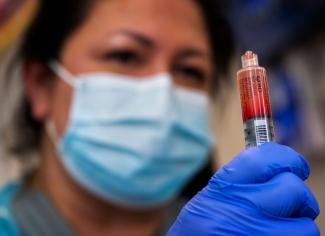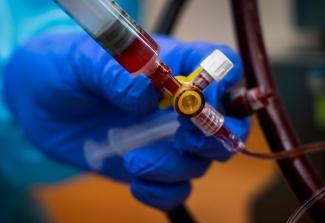
ECMO (Extracorporeal Membrane Oxygenation)
For Health Professionals
ECLS Fellowship 2024
The rapid proliferation and adoption of extracorporeal therapies is driving a concomitant demand for professionals with greater experience with these technologies than they normally receive during a subspecialty fellowship in pediatrics or pediatric surgery. In the spring of 2019, Texas Children’s inaugurated its ECLS fellowship program. The objective of the program is to train pediatric subspecialists (intensivists, neonatologists, pediatric surgeons) in the principles and practice of different extracorporeal support modalities, including ECMO (VV or VA), ventricular assist and Impella VAD for cardiac and respiratory disease. When they finish the training, graduates of the fellowship will possess the competencies to join a high-functioning ECMO team at any leading children’s hospital or start a new ECMO program from scratch at an institution wanting to establish one.


